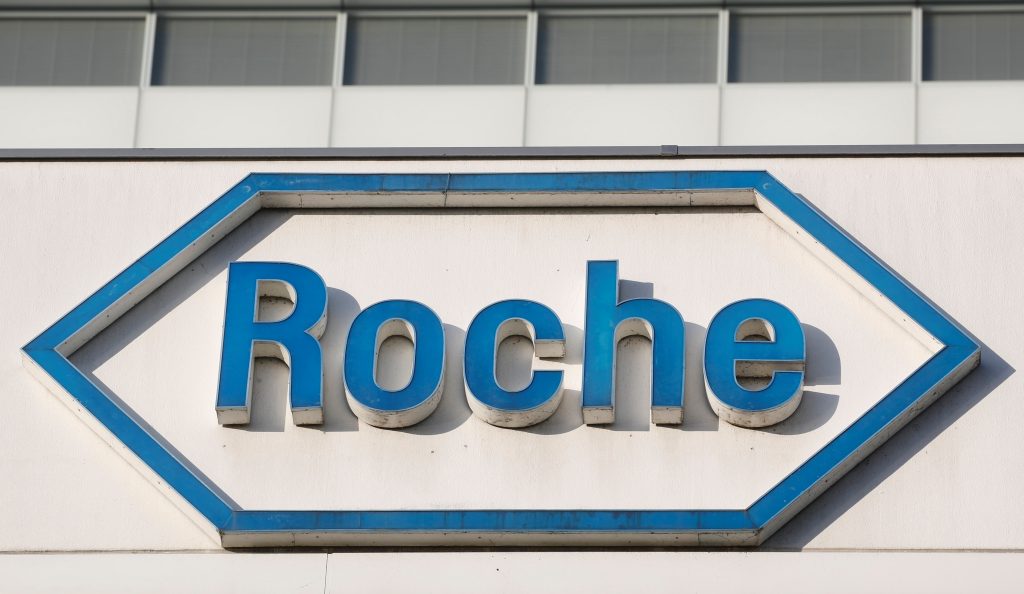(Reuters) – Roche on Monday said it will buy Telavant, a developer of a new treatment for inflammatory bowel diseases, for an initial $7.1 billion from U.S biotech firm Roivant Holdings and Pfizer Inc. (NYSE:PFE)
Under the deal, which continues Roche’s drive to diversify away from its aging cancer treatment business, the Swiss drugmaker will gain the right to develop, manufacture and commercialise an experimental drug known as RVT-3101, in the U.S. and Japan.
New Roche CEO Thomas Schinecker is keen to restore Roche’s battered drug development record after major late-stage trial setbacks in the areas of Alzheimer’s and cancer immunotherapy last year.
The long-rumoured deal marks hits first big acquisition since he took charge in March. Schinecker had said Roche was open to big deals if they made scientific and financial sense.
The acquired drug, against inflammatory bowel disease such as ulcerative colitis and Crohn’s disease, belongs to a class of new treatments known as anti-TL1A antibodies which has attracted major deal activity in the pharma industry.
Earlier this month, Sanofi (NASDAQ:SNY) purchased rights to an anti-TL1A antibody by Teva for $500 million upfront and up to $1 billion in milestone payments, contingent on development achievements.
Merck & Co in April agreed to buy anti-TL1A antibody developer Prometheus Biosciences for $10.8 billion.
Inflammatory bowel disease is a group of chronic gastrointestinal disorders with almost 8 million people diagnosed worldwide and 80% of all individuals not experiencing lasting remission, Roche said.
Roche said the antibody, which is close to starting a phase 3 trial, also had the potential to be used to treat multiple other diseases.
“We strongly believe this novel TL1A directed antibody has the transformational potential to make a significant difference for patients living with inflammatory bowel disease and potentially other diseases,” said Roche CEO Schinecker.
“We are excited to add this promising new therapy in development to our portfolio and to make it available to patients as quickly as possible.”



